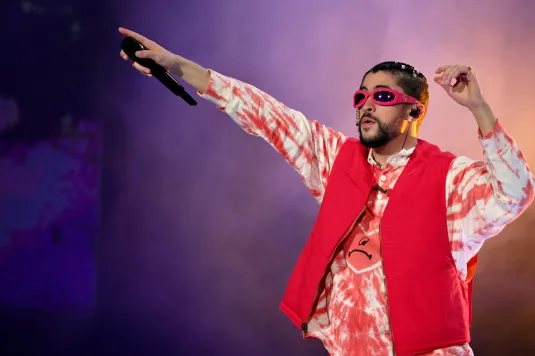Jamaican Music History
Reggaeton: The Latin American Musical Explosion
Reggaeton, a genre nurtured and molded in the streets of Puerto Rico, is a dynamic musical genre that weaves together influences from Jamaican dancehall, hip-hop, and Latin American music. Emerging in the late 20th century, reggaeton was initially an underground phenomenon, blending Spanish lyrics with the infectious beats of Jamaican dancehall.
Before reggaeton, there was Panamanian reggae en español, Spanish lyrics songs recorded in reggae. The roots of reggaeton can be traced back to Panama where the genre’s pioneers, including DJ Playero and DJ Nelson, played a crucial role in shaping the sound by incorporating Spanish-language lyrics with the Steely & Clevie produced “Dem Bow” beat featuring Shabba Ranks. The first recording artist to achieve international success was Panamanian El General “Pu Tun Tun”..
Reggaeton’s international breakthrough moment came in the late 1990s and early 2000s, with artists like Daddy Yankee, Don Omar, and Tego Calderón leading the charge. Tracks like Daddy Yankee’s “Gasolina” and Don Omar’s “Dile” became anthems, propelling reggaeton into the mainstream and solidifying its place in the global music industry.
As reggaeton emerged from the Caribbean, its influence extended far beyond the shores of Puerto Rico. The genre found a receptive audience throughout Latin America, the United States, and Europe, shaping the sound of contemporary popular music.
In Europe, reggaeton’s rhythmic allure influenced artists in the electronic dance music (EDM) scene. Tracks like J Balvin’s “Mi Gente,” which features a collaboration with French DJ Willy William, exemplify the genre’s global fusion, blending reggaeton rhythms with electronic beats and a Latin flair.
Reggaeton’s infectious beats have also left an impact on non-Latin artists, contributing to the genre’s global popularity. In the U.S., artists like Drake and Beyoncé have incorporated reggaeton elements into their music. Drake’s collaboration with Bad Bunny on “Mia” and Beyoncé’s remix of J Balvin’s “Mi Gente” are examples of how reggaeton has transcended linguistic and cultural barriers. The extraordinary global popularity of reggaeton is exemplified by “Despacito” by Luis Fonsi featuring Daddy Yankee, the second most viewed song of all time on YouTube with 8.34 billion views.
Reggaeton, with its roots deeply embedded in the Caribbean, has become a global musical force, reshaping the landscape of popular music, and making the Latin American music market one of the fastest growing music markets in the world.. From the streets of San Juan to stages worldwide, the journey of reggaeton is a testament to the genre’s ability to transcend cultural boundaries and connect with diverse audiences.


